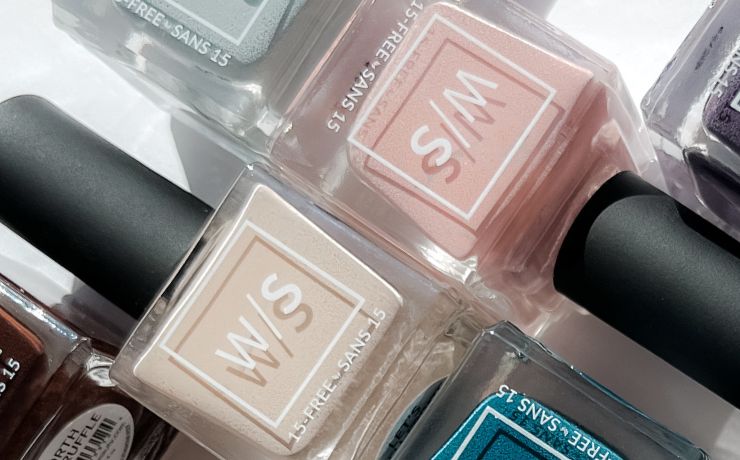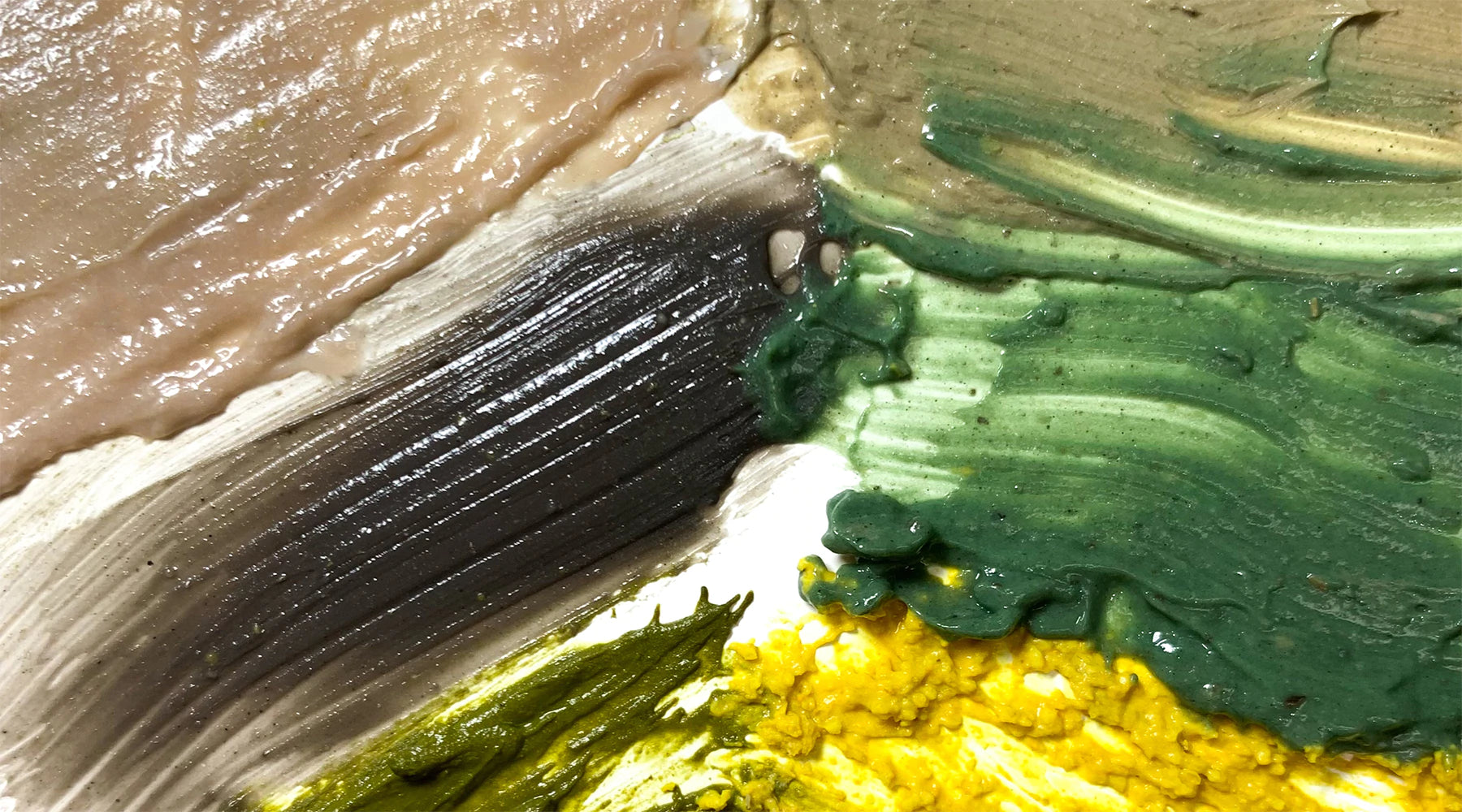withSimplicity | Updated June 27, 2023
THE DIFFERENCE BETWEEN ROSE AND ROSEHIP IN NATURAL SKINCARE

Roses have long been revered for their beauty, fragrance, and symbolism. But did you know that roses also offer remarkable benefits for your skin?
In the world of cosmetics, two popular ingredients derived from roses take center stage: rose and rose hip. While they both hail from the same botanical family, they possess unique characteristics and diverse skincare advantages.
Let's delve into the captivating world of roses, exploring the difference between rose and rose hip in cosmetics and unraveling their distinct, powerhouse benefits.
How are Rose and Rosehip Oils Extracted?
The extraction process used to obtain rose oil and rosehip oil differs due to the varying parts of the plant used. Rose oil is extracted from the petals through a meticulous steam distillation process, while rosehip oil is obtained from the fruit or seed pods of the rose plant.
Common rose varieties used in skincare include Rosa damascena and Rosa centifolia, renowned for their rich fragrance and therapeutic properties.
Similarly, rosehip oil is commonly derived from the Rosa canina species, known for its high Vitamin C content and potent antioxidants.
How are Rose Oil and Rosehip Oil Different?
Rose and rosehip differ in their composition, giving rise to distinct skincare benefits:
Rose oil is packed with essential fatty acids, vitamins (A, C, and E), and antioxidants. These components work harmoniously to provide deep hydration, promote collagen production, and protect the skin against free radicals and environmental stressors.
On the other hand, rosehip oil is rich in essential fatty acids, such as omega-3 and omega-6, as well as vitamins (C, A, and E), which contribute to its exceptional regenerative and healing properties.
What are the Benefits of Rose Oil in Skincare?
The enchanting essence of rose is not limited to its aromatic appeal; it holds numerous benefits for the skin as well.
- Potent Hydration & Moisturization. Rose-infused products, such as toners and serums, offer intense hydration and help restore the skin's moisture balance. The natural humectant properties of rose attract and retain moisture, leaving the skin plump, supple, and nourished.
- Anti-Aging & Wrinkle Reduction. The antioxidant-rich nature of rose helps combat the signs of aging by neutralizing free radicals and promoting collagen production. Regular use of rose-infused products can help minimize the appearance of fine lines and wrinkles, revealing a smoother, more youthful complexion.
- Soothing & Calming Properties. Rose possesses anti-inflammatory properties that help soothe and calm irritated skin. It can alleviate redness, reduce inflammation, and provide relief to sensitive or reactive skin types.
- Brightening Properties. Rose extracts contain vitamin C, a potent ingredient known for its brightening and complexion-evening effects. By promoting cellular turnover and reducing the appearance of dark spots and hyperpigmentation, rose-infused products can impart a radiant and luminous glow.
- Anti-inflammatory & Healing Properties. Rose's anti-inflammatory properties extend to wound healing and scar reduction. The soothing nature of rose oil can help calm skin irritations, support the healing process, and fade the appearance of scars over time.
What are the Benefits of Rosehip Oil in Skincare?
Rosehip, with its nourishing properties, offers an array of benefits for the skin:
- Rich Source of Antioxidants. Rosehip oil is abundant in antioxidants, including vitamins C and E, which help protect the skin from oxidative stress and environmental damage. These antioxidants also aid in brightening the skin tone and reducing the visible signs of aging.
- Skin Regeneration & Scar Healing. The presence of essential fatty acids, such as linoleic acid, in rosehip oil facilitates skin regeneration and accelerates the healing process of scars and wounds. It can improve the appearance of acne scars, stretch marks, and surgical scars.
- Anti-Aging & Fine Line Reduction. Rosehip oil's high vitamin A content makes it a natural source of retinol that promotes cell turnover, stimulates collagen production, and helps reduce the appearance of fine lines and wrinkles. Regular use of rosehip-infused products can contribute to a smoother and more youthful-looking complexion.
- Hyperpigmentation Reduction & More Even Skintone. Rosehip oil's natural exfoliating properties, coupled with its antioxidant content, assist in reducing hyperpigmentation and evening out the skin tone. It can diminish the appearance of dark spots, sun damage, and age spots, leading to a more balanced complexion.
- Enhanced Elasticity & Firmness. The nourishing properties of rosehip oil, along with its ability to penetrate deeply into the skin, improve elasticity and firmness. Regular use of rosehip-infused products can help enhance the skin's resilience and reduce sagging.





